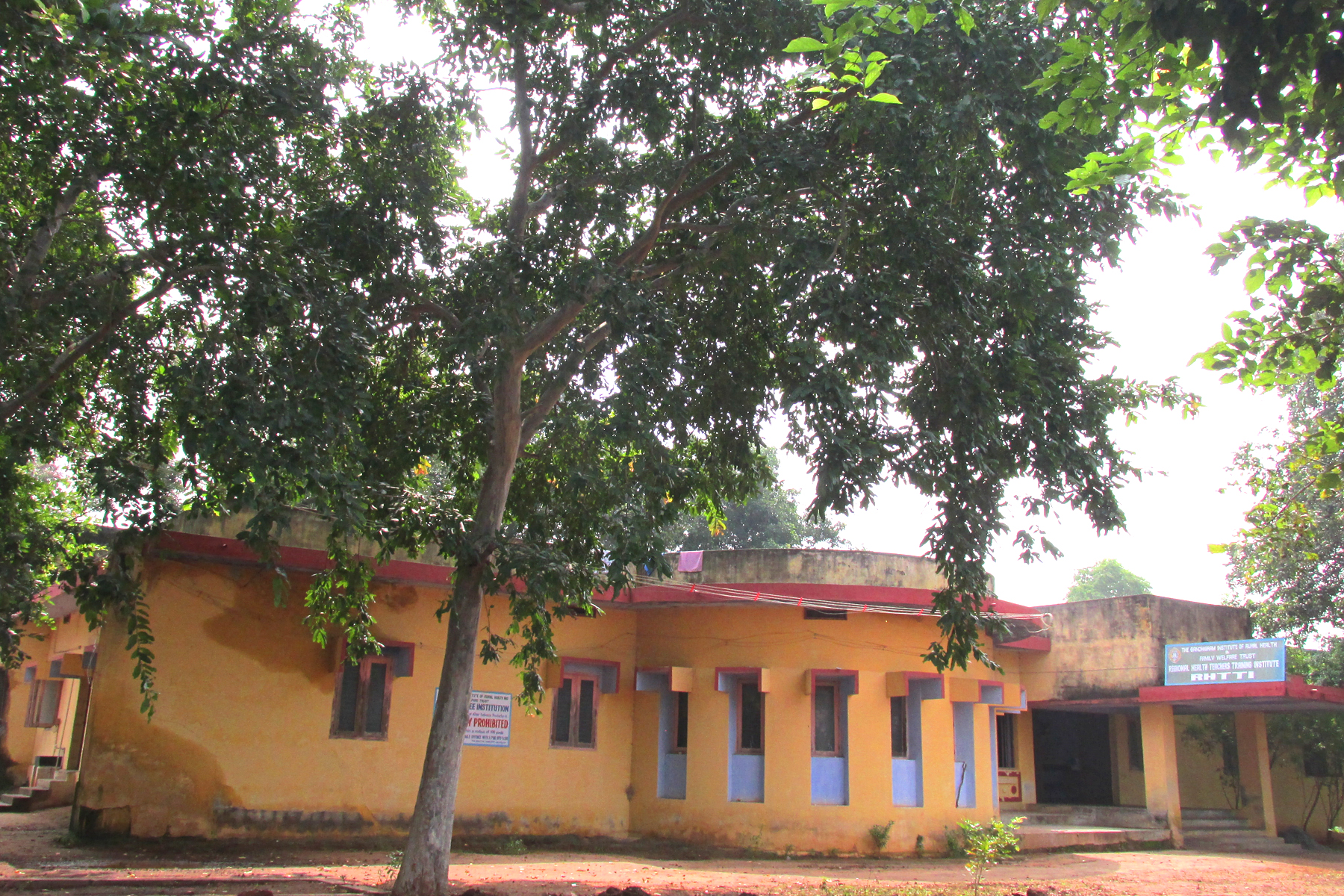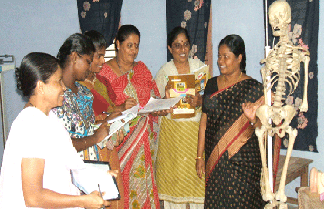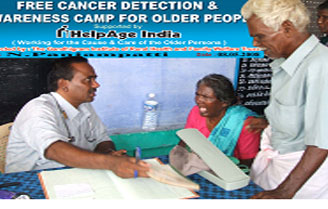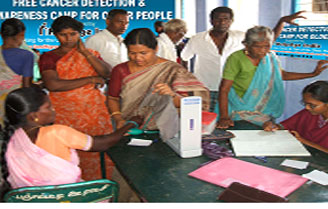(An Autonomous body under the Ministry of Health and Family Welfare,
Government of India, New Delhi)
+91 451 2999923
girhfwtdgl@rediffmail.com
Dindigul
Tamil Nadu
+91 451 2999923
girhfwtdgl@rediffmail.com
Dindigul
Tamil Nadu
+91 451 2999923
girhfwtdgl@rediffmail.com
Dindigul
Tamil Nadu
The Regional Health Teachers Training Institute (RHTTI), Gandhigram, sanctioned as one among the six centres by the Ministry of Health and Family Welfare, Government of India, conducts long-term and short-term courses.

To improve quality of life and healthy living status of the community, the institute improves the community health through its innovative strategies which emphasizes education and family welfare in the rural areas through training, research and service programs.
|
Name of the course
|
Duration in months
|
Period
|
Turnout in Nos
|
|---|---|---|---|
|
Lady Health Visitors - (Regular) (Integrated)
|
18 and 30
|
1974 - 92
|
335
|
|
MPHW (F)
|
18
|
1980 – 88
|
168
|
|
DPHN - (Post Basic)
|
10
|
1979 - 01
|
380
|
|
DNEA (Post Basic)
|
10
|
2001 - 14
|
200
|
|
Promotional Course for ANM/FHWs
|
6
|
1979 - 2022
|
532
|
Candidates should have registered themselves in the state nursing council as ANM/MPHW (F) and should have completed 5 years of experience
The curriculum is approved by INC, New Delhi. The course will cover basic health sciences, Principles of Nursing, Environmental Health, Principles of Supervision of Management, and Practical Experiences are provided in the community and hospital settings.
The 6 months HV course qualifies the Female Health Worker to take up the supervisory post as Health Supervisors Female (LHV) at Rural/Urban health setup



The Institute implemented “Cancer Detection and Awareness Camps” with the support of Help Age India. The objectives of these camps invariably are early detection of cancer among the elderly people in the Panchayat of five blocks in Dindigul District namely Dindigul, Reddiyarchatram, Athoor, Vedasandur, and Kodaikanal. The project period is from November 2007 to October 2008.
Selected 5 blocks of Dindigul District (Dindigul, Reddiarchatram, Athoor, Kodaikanal & Vedasandur) & 10 Screening camps for Cancer Cervix, Cancer Breast, and Cancer Oral conducted. Also 2 Colposcopy camps were organized, Exhibition & Mass Propaganda organized during each camp.


Facility Assessment of Secondary level public Hospitals such as District Hospitals, Taluk and Non-Taluk Hospitals (Total 264) were conducted on three domains, that is,
1. Introduction Faecal Sludge Management, a new field and it is currently/rapidly developing and gaining acknowledgement.The full cycle of sanitation or the sanitation value chain consists of 4 stages – access to toilets, safe containment, convergence and finally treatment and disposal. Sanitation systems can either be onsite system such as septic tanks and pits. Onsite systems are built by builders/developers and masons. Masons are one of the key stakeholders in the sanitation value chain as the containment structure built by them can determine the safety of the toilets.
Skills and capacities are important components for enabling the environmental sanitation. The capacities of the key stakeholders at the containment, transportation and disposal needs technical and managerial skill whereas, Masons and DSOs rarely get opportunity for formal training anything more than informal training as apprentices. Training is necessary to ensure that the gaps do not exist and also onsite systems are standardized which in-turn reflects on efficiency and long-term sustainability of the system/project.
To promote a healthy and wealthy environment in the urban community through proper septage management by training the De Sludge Operators (DSOs).
Since Masons and De Sludge Operators and their workers play a crucial role in Faecal Sludge and Septage Management (FSSM) system under FSTP project. A total of 120 Masons (30 Masons per batch each at Dindigul, Theni, Paramakudi and Thuraiyur) and a total of 60 De Sludge Operators (DSOs) at Kovilpatti, Paramakudi, Thuraiyur and Aruppukottai. Along with the capacity building training to the stakeholders a direct follow-up visit and feedback was also obtained as part.
© 2025 GIRH & FWT All Rights Reserved | Designed and Developed By Winways.